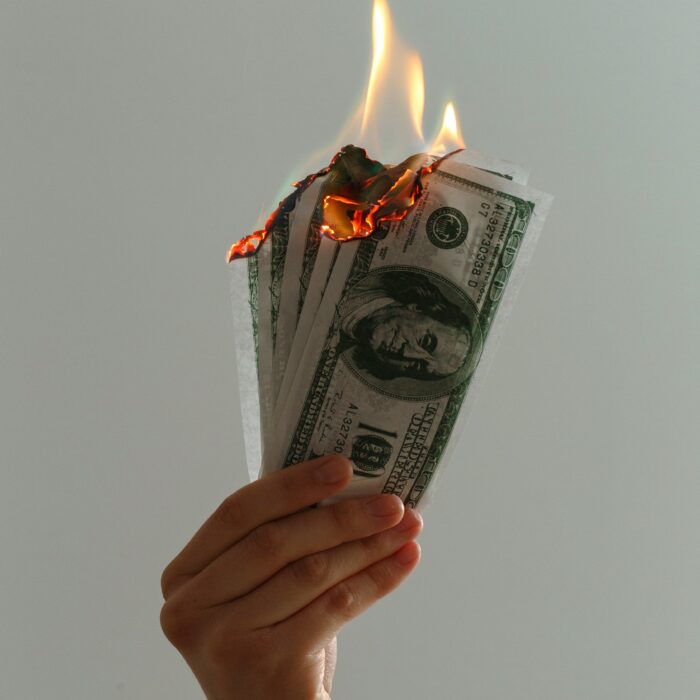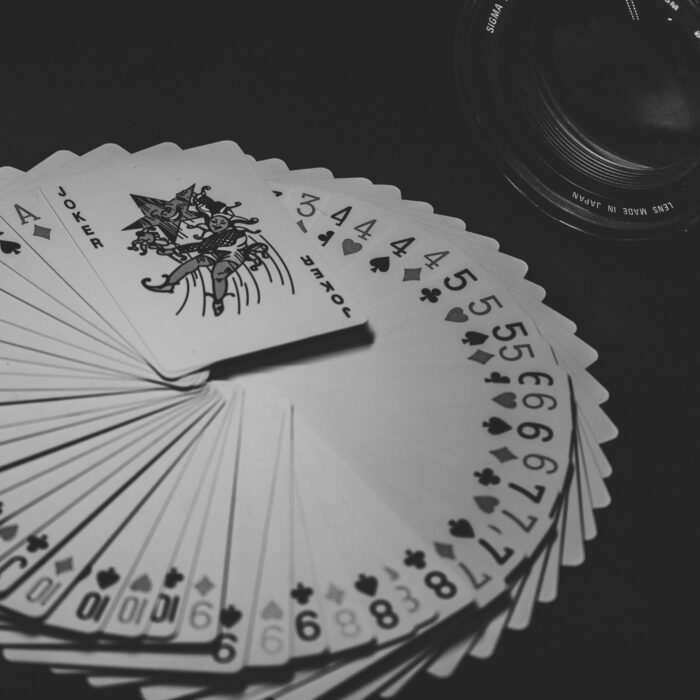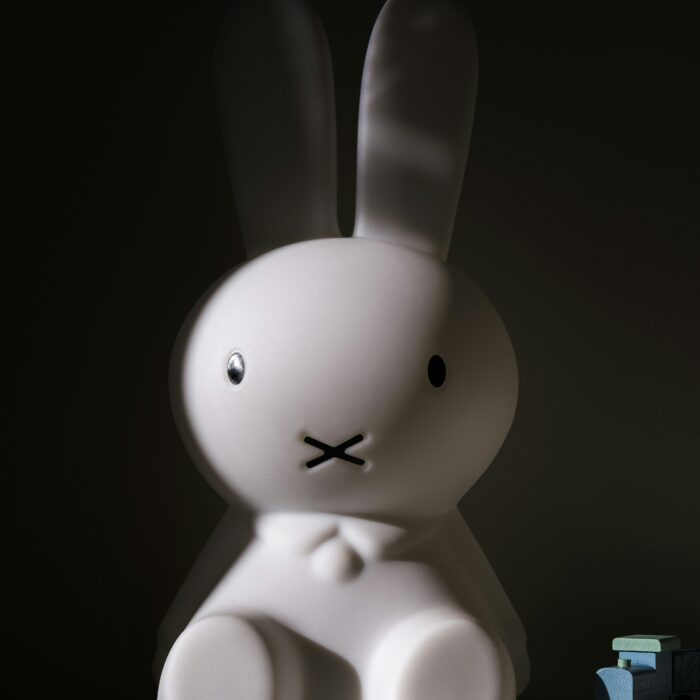You have no items in your cart. Want to get some nice things?
Go shopping
Fraser and I are at Aloha Beach Club on the Dapeng Peninsula. It was Fraser’s idea. I suggested a trip to the gallery, so we had a fight. Fraser settled it by saying he wanted to go windsurfing.
They are out in the water now, Don and Fraser, trying to fix up boards with a couple of Chinese boys more than half their age. The boys are stream-lined in skin-tight rash vests, emblazoned with the beach club’s logo. Fraser is too vain – but Don, whose waistline would go around Fraser’s twice, is itching to get one.
There isn’t a huge amount of sand before the beach meets the water, but enough for a line of sunloungers and parasols. I bury my cigarette alongside the others already headfirst in the sand. A waitress sees us setting out and comes running over to Fraser, who says: “Tsingtao” loudly to her and holds up three fingers.
Fraser and Don are used to commanding the field by day, in high-rise offices built in a heartbeat by armies of Chinese construction workers, but this windsurfing exercise tests them. It has turned into a contest – to see how much the other one knows and how much bullshit they can get away with to the Chinese boys. They are standing in the water, Fraser with his hands on his hips and Don yelling to the boys in pigeon English.
We are here because Fraser’s job takes him all over the world. That’s how he met me, in a bar in Waterloo when I missed my train. Instead of taking the next one, I went with him to Paris and ate wispy-thin French fries and mayonnaise from a wobbly table, and drank too much red wine. I remember that he watched me closely; as if the very act of bringing the inky edge of the wine glass to my lips consumed him.
Twenty-five years later, I can still get away with a bikini, which is what I told Fraser this morning when he looked me over in that way he has – as if I should think twice. The bra is wired and padded, which gives me a few inches on the Chinese girls. I can see Don checking me out when he thinks I’m not looking. Later, he will ask Fraser if I’ve had work done.
The Tsingtao tastes good, even this early in the morning, and I raise the bottle to a cute little kid who isn’t looking where he’s going and stops, startled, at my feet. His Chinese mom has suddenly changed into this forty-something English woman, with long, blonde hair piled on her head like a doughnut, drinking beer and sucking hard on a cigarette. I exhale smoke and grin at him, which sends him running; his little bottom retreating from me, out of reach.
I intend to fall asleep, and close my eyes as I rest my head on the sunlounger, but the commotion of people emerging from the club house distracts me. A man is taking deep steps into the sand, calling to Don and waving. His hair shows early signs of grey against his sunburned face. He has slim hips; the kind that would look good in a tight-fitting suit. Behind him is a young Chinese girl who holds on to his outstretched hand; trailing behind her is a boy of around eleven or twelve.
Fraser hesitates, staying back in the water as Don leaps from it to shake the man’s hand. Don goes to kiss the girl on the lips but gets her cheek. The boy sticks out his bottom lip and digs his toes in the sand.
“I’d like you to meet an old friend of mine,” Don says walking over to me.
I snap my knees together, move my legs slowly to the side of the lounger and rise like a charmed snake to standing. The man smiles at me and lifts his sunglasses. His eyes are like little blue-green oceans.
“Shirley, this is Konrad,” Don says to my breasts.
“Pleased to meet you, Shirley,” Konrad smiles, shaking my hand and flashing me an expensive set of white teeth through which I can trace an accent: north European, German even.
He turns and places an arm around the girl, who is probably in her late-twenties but looks younger. She has perfect skin, long straight black hair, and a thin mouth. A flawlessness frames her, but brings with it a hard edge acquired from being kept by a man like Konrad. She is thin, thinner than me, and she is smiling.
“This is Nina,” Konrad tells me.
She and I shake hands, loose and polite. Nobody introduces me to the boy.
Fraser emerges from the water and is given the same story. I get a kick that he looks good for his age and that his tan is the colour of caramelised sugar.
Nina smiles graciously whilst Don checks her out, but doesn’t speak, I assume because her English is poor. Konrad makes a joke about learning Chinese, like I might do about giving up smoking. Nina produces a carton of juice for the boy who shakes his head. He looks like her and nothing like Konrad, who doesn’t say a word to him all day.
The men discuss windsurfing for a while. I flip my sunglasses down over my eyes and light a cigarette to avoid having to talk to Nina.
Konrad has windsurfed before in places that Fraser and Don are looking unimpressed about. They squint their eyes, hands on hips and look down at the sand, then up to the club house and cross their arms over their chests. Fraser takes a towel from me and hands me his watch as he talks. The first time he did that, disregarded me whilst he was talking, I don’t know, maybe fifteen, twenty years ago, I found it incredibly erotic.
I drop it by the side of the sunlounger and watch the Chinese boys, shades on and hands behind their backs. They have all the time in the world. It is not customary to tip in China, but they know these white men want to be treated a certain way and will give them something.
My eyes skim the shore and down to a wrought iron fence overgrown with creepers that border what were once high-class apartments. Big, fancy, beach side residences that wouldn’t look out of place on the Nice Croisette. Except these are derelict, and show no signs of having ever been lived in. Some are only half built. Weeds and wind have broken their windows and cracked their walls. Gaping windows stare blindly over the bay, and paint peels from domed ceilings that should be draped with chandeliers. Veranda walls that should border a busy cocktail hour crumble. It must have been hard to imagine these palaces, conceived with such expectation, would one day lie vacant and unloved.
By the time I look back to the water, Fraser’s hand has moved to Nina’s spine. The tips of his fingers touch her skin, lightly so as not to be too familiar, but so controlled I can see that he is unable to stop himself. Nina stares straight ahead, at a crowd who have gathered further down the beach. They are holding umbrellas over three Buddhist priests dressed in gold and red robes, blessing fishing boats that bob in the shallows at their feet. The rhythmic sound of their chanting soothes me like a distant Chinese lullaby.
I walk over to Fraser and he drops his hand from Nina’s back. Konrad talks to Fraser about his line of work across Nina and I: “We hand it to them and it becomes their product. The only other product is the 4G product which is far better suited to the Asian market.”
“Nina’s going to have a go at windsurfing,” my husband announces, suddenly realising I’m there.
“Is she?” I say and raise my eyebrows.
“Why don’t you join us?”
“I’m good. I’ll stay here and watch you. No really,” I remonstrate when the men try to include me.
I have put myself up there, I have set my face a certain way – to the men, to the family on the beach, to the Chinese boys, to Nina. I have much further to fall than her if things go awry.
Konrad changes into a skin-tight sport top, and I flash him a smile.
“Now, come on,” he says to Nina quietly. He gestures to the boy. “He could do with a bit of exercise.” And I think about walking a dog.
As Don puts his arm around Nina’s waist, Fraser catches me staring and comes over for sun cream.
“Have you met Nina before?” I ask him.
“I dunno,” he says casually. “Maybe. Some time when I was out with Don. We were in a bar. Most likely after a meeting.”
“In a bar? Was she working?”
“For Christ’s sake, Shirl. Don’t be such a bitch. Don knew her already.”
“That doesn’t mean she wasn’t working.”
“Relax will you. Do some windsurfing instead of sitting there like you’re afraid you might catch something.”
I want to say: “Like syphilis or gonorrhoea?”, but I don’t want to have an argument here on the beach, in front of Nina. I look over at her son and smile. He scowls as if pleasantries catch him out.
Fraser and I had only been married about a year. We were at a beach bar, I think in Thailand. Fraser said he needed a drink after a tough day at the office. I was still in my bikini and slung on the nearest dress I could find. Fraser’s shirt was open at the neck and his sleeves were rolled over smooth, brown arms. We sat on stools at the bar, when Fraser still smoked, and drank beer as flies crawled in circles around the rings left by our glasses. A single neon strip-light matched their buzz. The light made it impossible to see the beach or the sea, so we looked at each other and laughed about people we knew and crazy things we’d done, as the tips of Fraser’s toes brushed against my calf.
The four of them stride out into the water: Fraser, Don, Konrad and Nina. She is holding onto Konrad’s arm, but Fraser has her back. Don gets up on a board, shaking the sail to make it crack, trying to catch the wind. Konrad looks skyward as though it can tell him something, which leaves Fraser to explain to Nina about the board and the sail.
They are in the shallows and Fraser gets her to stand on the board. He positions her feet, then her body; his hands on either side of her waist. I see that it isn’t unfamiliar to her, that it isn’t the first time he has touched her this way. Then it comes to me very quickly. He has had sex with her. The realisation arrives very clearly, as though a finger of water rises from the sea, taps me on the shoulder and points, cartoon-like, towards them.
My impulse is to yell; to run down the beach towards them in a war-like charge with my fists clenched above my head. Instead, I stroll down the slopey sand, rolling my hips from side to side. Relaxed, like Fraser said.
“Hey honey,” he gushes. “Look, it’s easy. You should have a go.”
“You two seem to be doing just fine.”
Nina smiles at me, and it is the only time we make a connection. She holds my gaze for just a few seconds, maybe less, but enough for me to see. Easy lady, she’s tells me. You don’t know what it’s like, what I have to do to get by each day, to make it with my son. That gulf, that slipping point at which we can disappear, is only ever a few inches away.
Don loses control of the windsurfer and crashes into the sea which gives Konrad and Fraser an excuse to tease him and flaunt superior knowledge. The Chinese boys try not to laugh. The family with the baby look over briefly and go back to building sandcastles.
Fraser grabs me by the waist. “She’s pretty useless,” he whispers out of the corner of his mouth. “She can barely speak a word of English. Konrad must be in it for the sex.”
I squeeze Fraser’s buttock. He kisses me on the cheek before shouting to Konrad to show Don how it’s done.
Nina is left alone in the water, next to the board, her back to us. I rest my hand on Fraser’s shoulder when she turns around, and pretends to look further down the beach. Her eyes follow the shoreline, down the dusty ridge of sand to the derelict apartments.

About Rebecca Kemp
Rebecca Kemp has published a novel In Pursuit, which was longlisted for the MsLexia Novel of the Year Award and is available on Amazon. Her short stories have won and been placed in competitions including Writers and Artists Short Story Competition, the Sunday Tribune New Irish Writing Hennessy Awards, Highlands & Islands Short Story Competition, and Listowel Writers Week TwitterTales. Her work has featured in anthologies and magazines, including The Short Fiction Journal, The Incubator and RTE Radio One’s 100 Words 100 Books. She was selected as one of fifty writers worldwide to take part in the 2014 Twitter Fiction Festival – the only writer from Ireland to do so. Rebecca was born in London and lives in Co Kerry.




